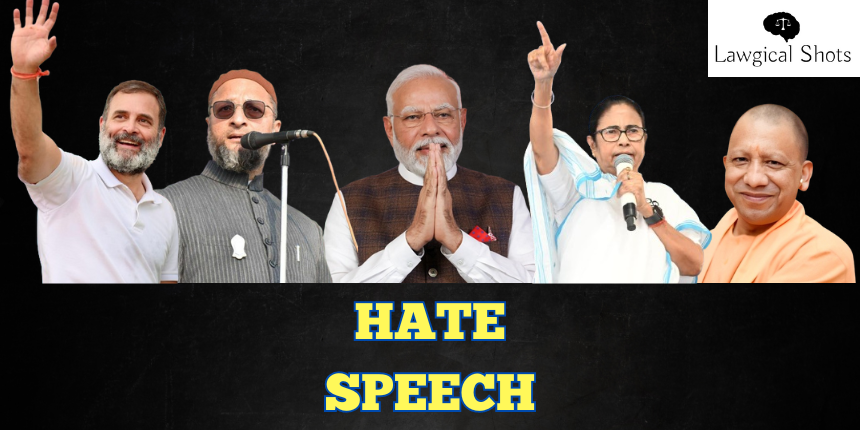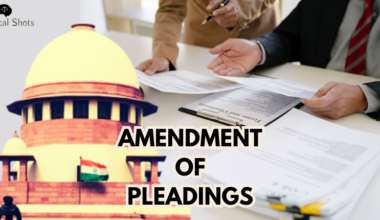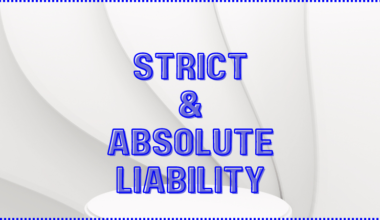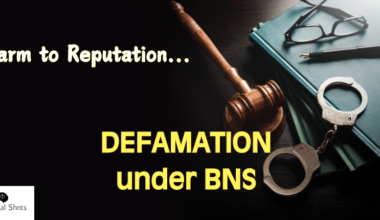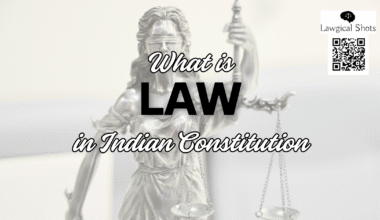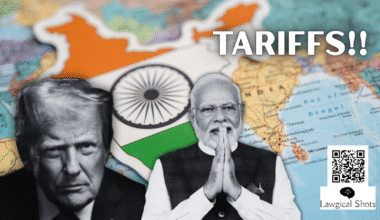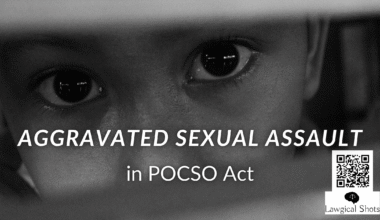‘Divide and Rule’ was the weapon used by the British. So is it the ultimate mantra for ruling over a class of people, even in a democracy? Does dividing people using hatred bring along power? If that is the case, is it crucial to throw Equality under Article 14 of Constitution out of the window during elections? Here, we are talking about ‘Hate Speech under Election Law in India’, since it has been a hot topic for a while and understanding the same can always clear any confusion while choosing our leaders.
Hate Speech – Introduction
‘Hate speech’, as the term suggests, hints at speech/words spreading hatred for someone. The someone here is mostly a particular class or community. The law does not expressly define hate speech. In fact, even the hate speech under Election Law is not expressly defined as to what constitutes hate speech. However, there are provisions providing for punishment for hate speech in India, be it the Indian Penal Code, 1860 or even the Representation of the People Act, 1951. However, the Apex Court has attempted to clear some clouds around it.
Supreme Court on Hate Speech
The Supreme Court in the case of Pravasi Bhalai Sangathan v. U.O.I. & Ors (decided on March 12, 2014) identified hate speech with the following expression:
“Hate speech is an effort to marginalise individuals based on their membership in a group. Using expression that exposes the group to hatred, hate speech seeks to delegitimise group members in the eyes of the majority, reducing their social standing and acceptance within society. Hate speech, therefore, rises beyond causing distress to individual group members. It can have a societal impact. Hate speech lays the groundwork for later, broad attacks on vulnerable that can range from discrimination, to ostracism, segregation, deportation, violence and, in the most extreme cases, to genocide. Hate speech also impacts a protected group’s ability to respond to the substantive ideas under debate, thereby placing a serious barrier to their full participation in our democracy.”
Representation of People Act – Hate Speech
Since we are focused upon hate speech under Election Law in India, the Representation of the People Act is the ultimate statute to look at. Although the term ‘hate speech’ is not expressly used, it is depicted through the provision itself.
Section 125 of RPA
Section 125 of the Representation of People Act, 1951 indirectly provides punishment for hate speech in India. Anyone promoting or even attempting to promote enmity while playing the cards of religion, race, caste, community, etc. is punishable for imprisonment of 3 years or less, with or without fine. The provision reads as:
“125. Promoting enmity between classes in connection with election.—
Any person who in connection with an election under this Act promotes or attempts to promote on grounds of religion, race, caste, community or language, feelings of enmity or hatred, between different classes of the citizens of India shall be punishable with imprisonment for a term which may extend to three years, or with fine, or with both.”
Section 123 (3A) of RPA
Section 123 defines corrupt practices, and sub-section (3A) of the Representation of People Act, 1951 categorizes the act of candidate or his/her election agent or any other person promoting feelings of enmity or hatred among different classes on the aforementioned grounds as one of the corrupt practices. The provision reads as:
“The promotion of, or attempt to promote, feelings of enmity or hatred between different classes of the citizens of India on grounds of religion, race, caste, community, or language, by a candidate or his agent or any other person with the consent of a candidate or his election agent for the furtherance of the prospects of the election of that candidate or for prejudicially affecting the election of any candidate.”
Also Read – Know Thy Electronic Voting Machine (EVM)
Disqualification for Hate Speech under Election Law in India
Section 8 of the Representation of the People Act provides for disqualification of candidates in case of conviction for certain offences. The term ‘disqualified’ has been defined under Section 7(b) of RPA. It means disqualification from being chosen as, and for being either a member of Parliament or Legislative Assembly or Legislative Council of a State . The provisions related to hate speech include:
- Section 153A of IPC – Offence of promoting enmity between different groups on ground of religion, race, place of birth, residence, language, etc., and doing acts prejudicial to maintenance of harmony.
- Section 505 (2) of IPC – Offence of making statement creating or promoting enmity, hatred or ill-will between classes.
- Section 125 of RPA – Offence of promoting enmity between classes in connection with the election.
Section 8 of Representation of People Act provides for disqualification of a person in case of conviction under specified offences. If the person is sentenced only with fine, the disqualification goes on for a period of 6 years from the date of conviction. In case of sentence of imprisonment, disqualification starts from the date of conviction and continues for a further period of 6 years since his release.
Apart from that, any person convicted of any other offence and sentenced to imprisonment for 2+ years becomes disqualified from the date of such conviction which continues for a further period of 6 years since his release.
In the case of a member of Parliament or the Legislature of a State, the disqualification does not take effect until the lapse of 3 months. If within 3 months, an appeal or application for revision is brought against such conviction or the sentence, the disqualification would not take effect until that appeal or application is disposed of by the Court.
Punishment for Hate Speech in India
While discussing hate speech under Election Law in India, there can be two punishments. Any person, regardless of being a candidate, supporter or an elector, can be punished with imprisonment and/or fine under Section 125 of RPA. In addition, Section 8 of the Act talks about disqualification of a candidate from being chosen as a member of either House of Parliament or of the Legislative Assembly or Legislative Council of a State.
FAQs on Hate Speech Law in India
Q – Is hate speech legal in India?
A – No, hate speech promoting communal hatred is not legal in India. The Indian Penal Code, 1860 punishes the offence of promoting enmity between different groups and classes. When it comes to elections, there is punishment for anyone promoting enmity, be it a layman or candidate or his/her election agent. There is provision for such a candidate’s disqualification as well.
Q- What are the laws for hate speech in India?
A – The major legal provisions in general for hate speech in India are covered under Sections 153A and 505(2) of IPC. That being specific to elections is provided under Section 125 of Representation of the People Act.
Q – Is hate speech not defined in any law in India?
A – No, hate speech is not defined under any law, be it the IPC or the RPA. Although Law Commission’s 267th report attempted at defining what constitutes hate speech, the same is yet to be implemented.
